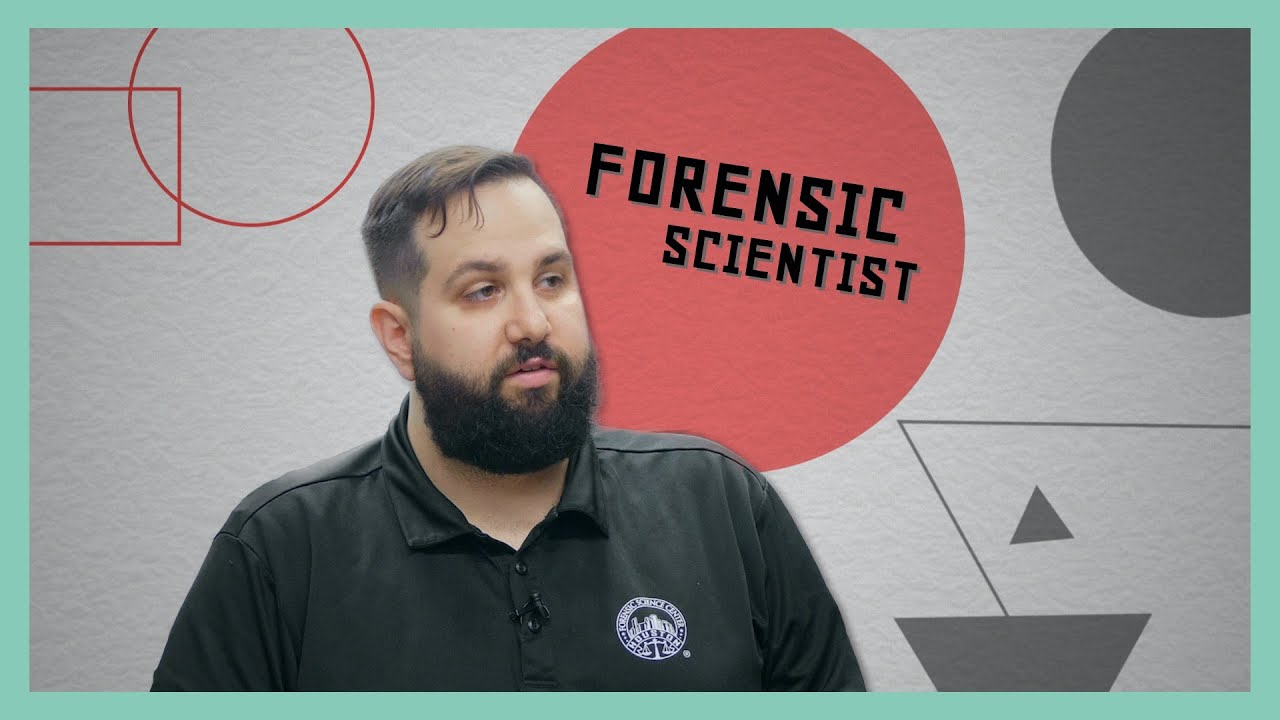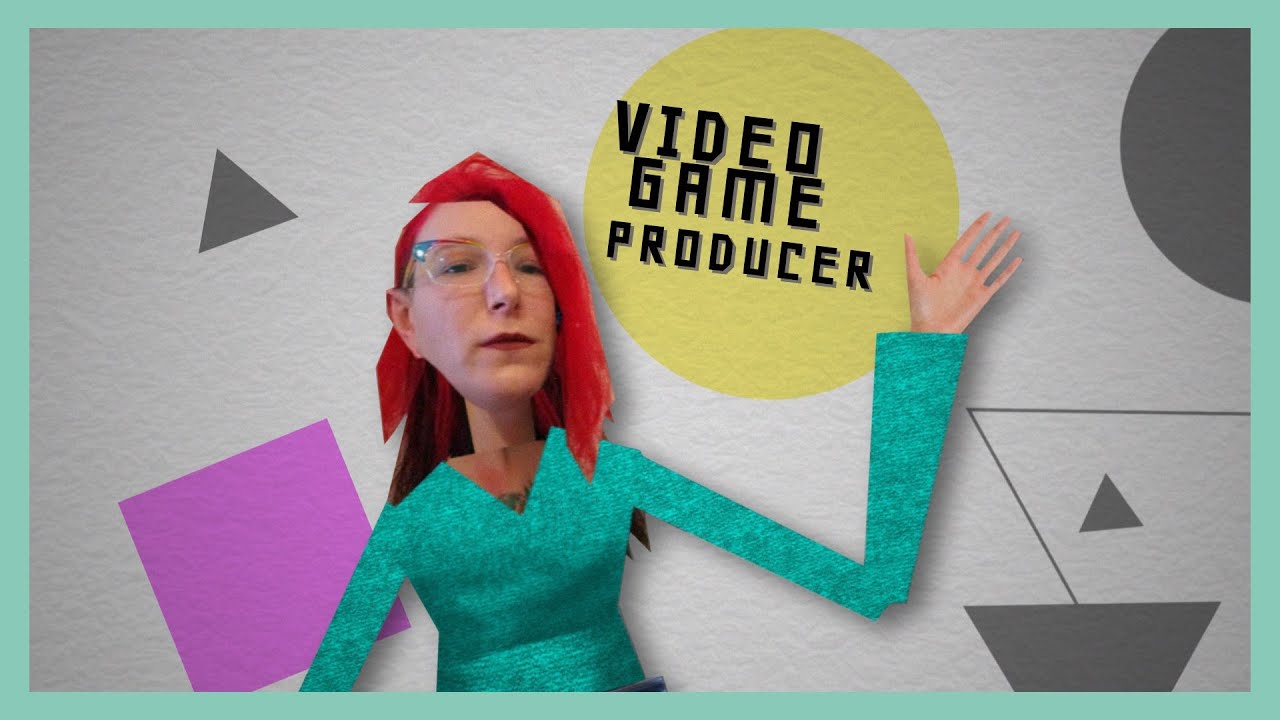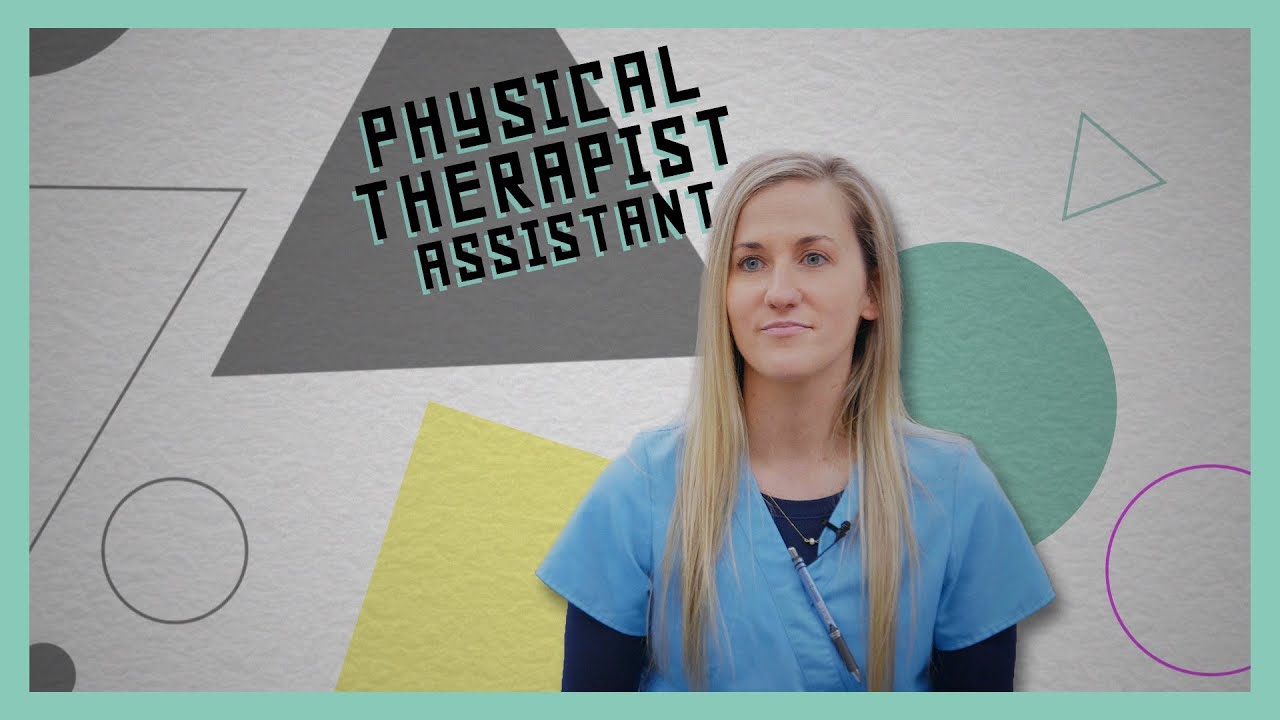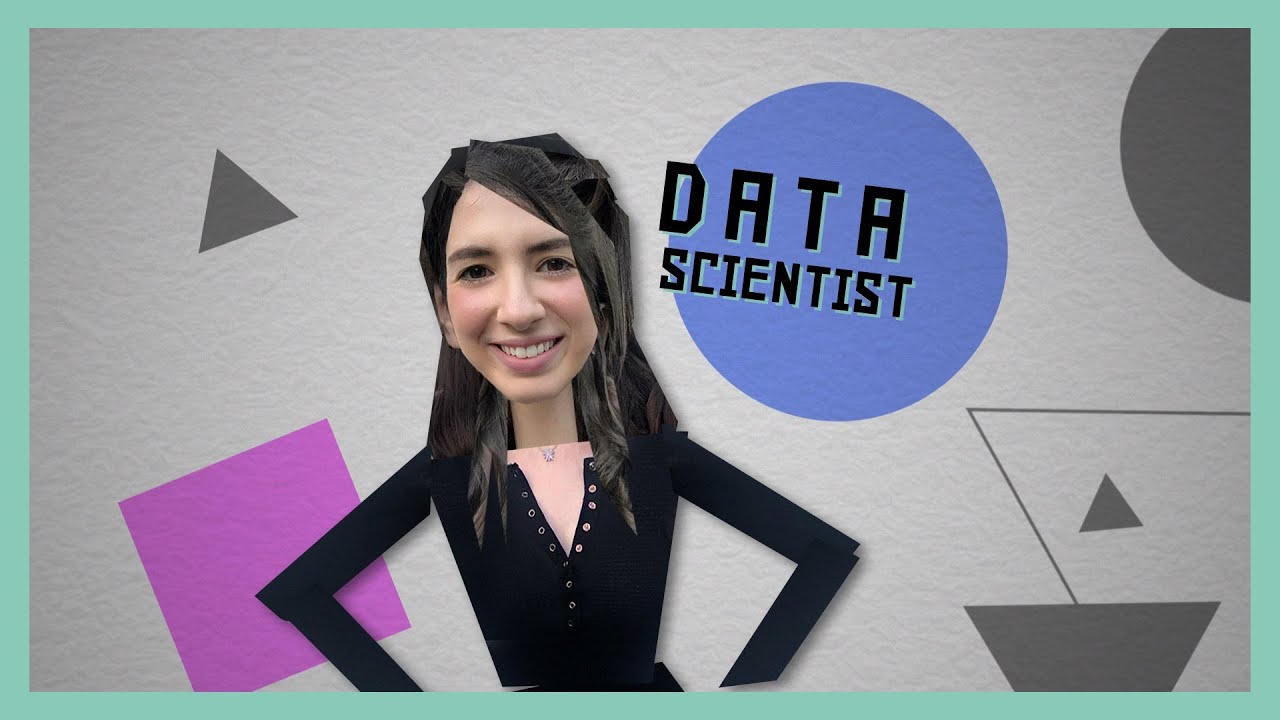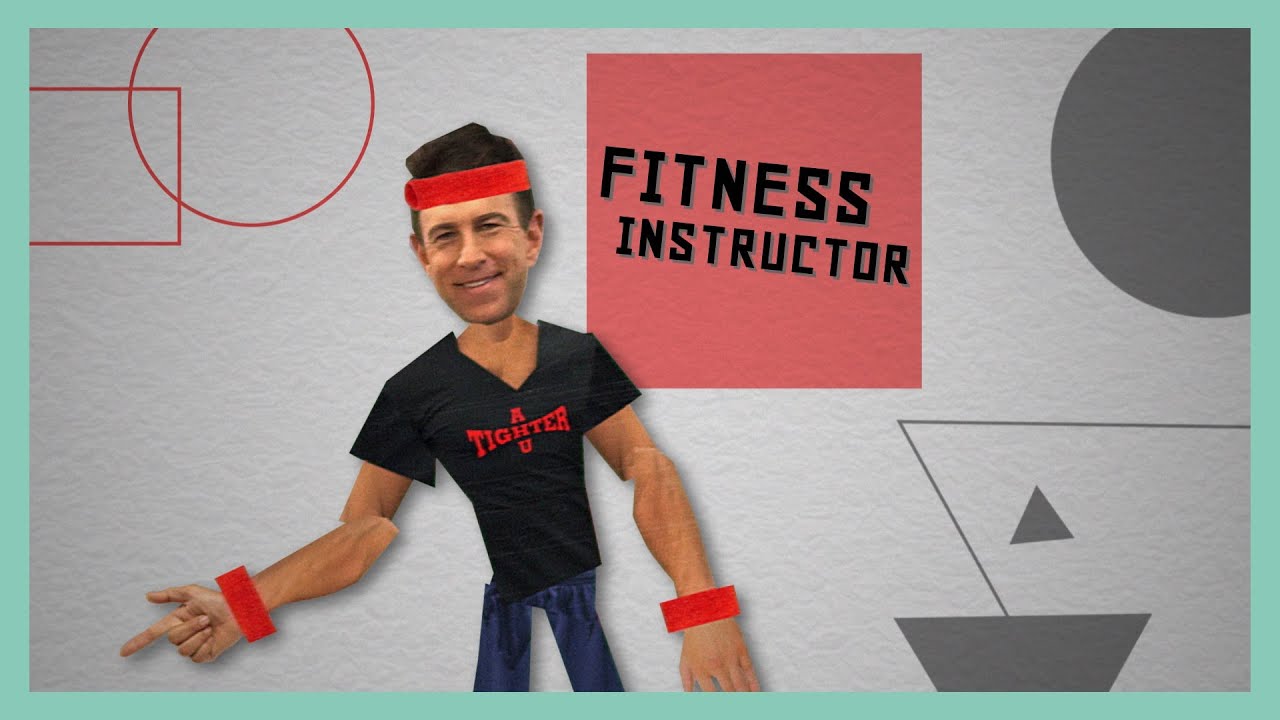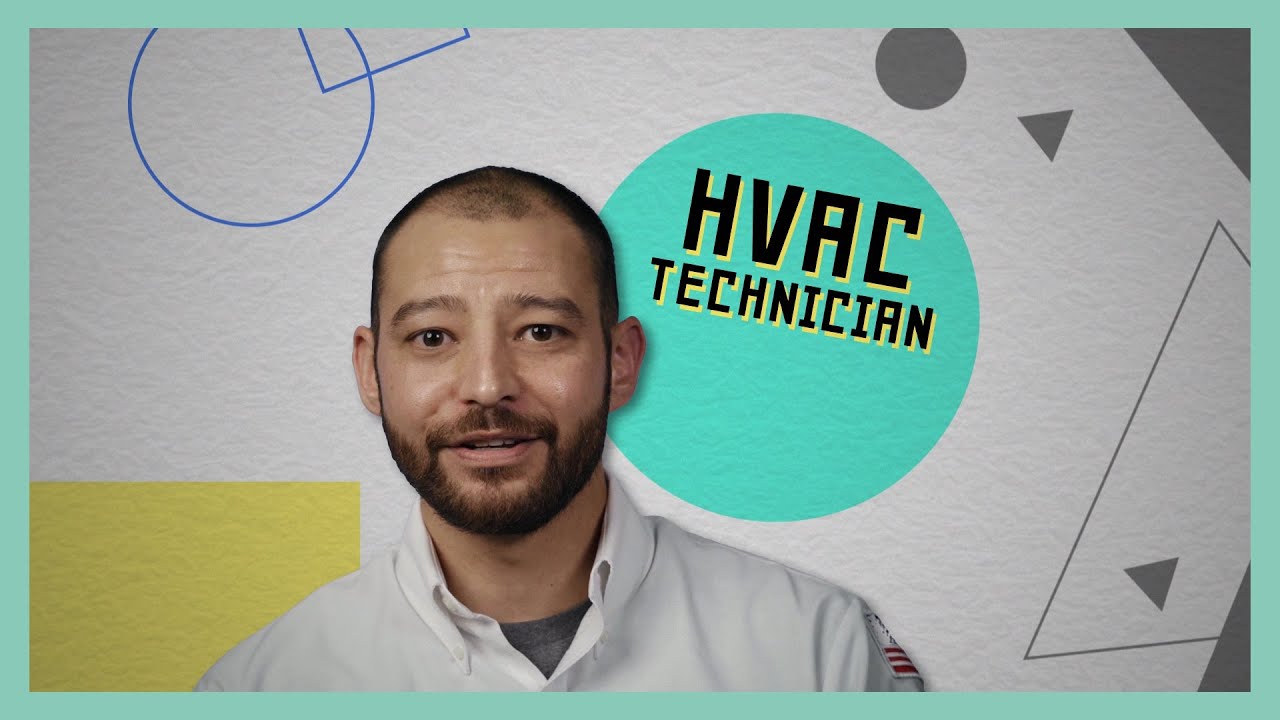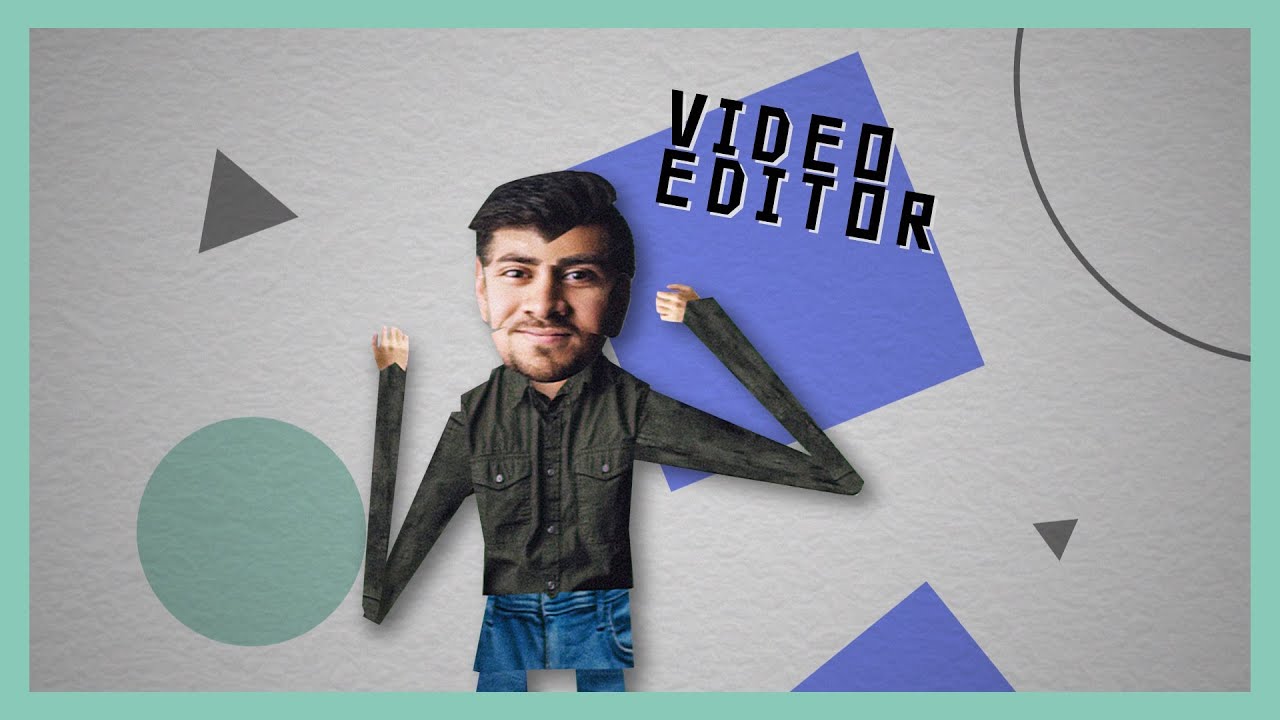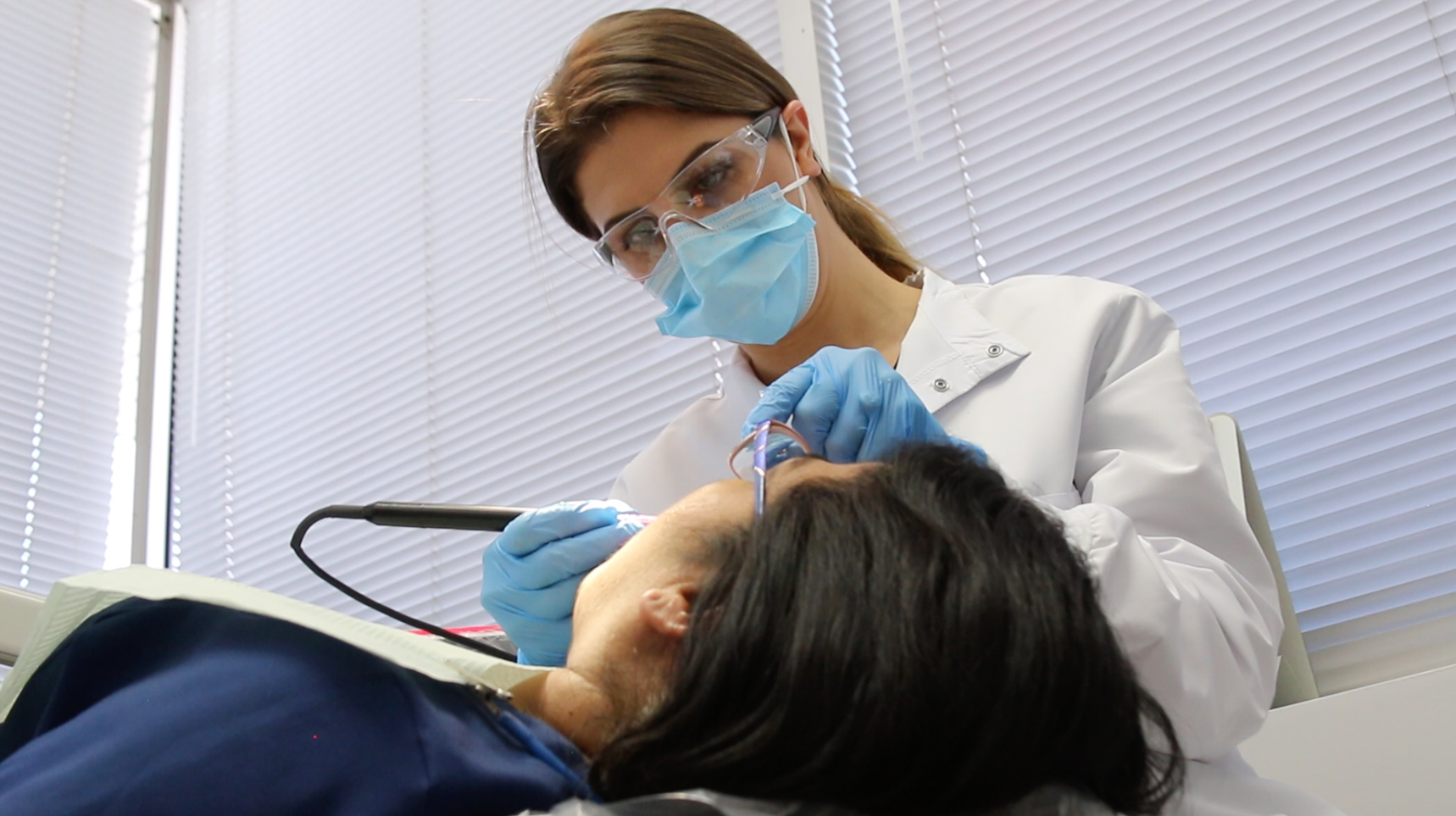Music therapists are health care professionals who use music as a therapeutic tool to help people deal with their physical, emotional, cognitive, and emotional needs.
Treatment can include singing or creating music. It can also include listening to music or moving to music. This type of therapy can provide an avenue for communication for those who have difficulty expressing themselves verbally.
Mallory Even, owner and director of Metro Music Therapy in Atlanta, says, “Music therapy, in and of itself, is a very powerful health care discipline. And the reason is because we have that really special thing that we’re using called ‘music.’
“We get to break down barriers and build rapport very, very quickly with music in a way that just sitting down and talking to a therapist or a physician might make somebody feel intimidated. Or they might not be completely honest with their provider or with themselves in that moment.”
Maria Nichta, a practicing, board-certified music therapist, says music helps her clients achieve their therapy goals.
Nichta works with a variety of clients, including children with special needs and older adults. “I’ve got different populations every day. I work in hospice, as well. A couple times a week I’ll drive to people’s homes and facilities, and provide hospice work there. Then I also work at a behavioral mental health psychiatric facility two days a week.”
She says it is important to focus on the client’s needs in the moment. “We really focus on the ISO principle in music therapy, which is meeting our client where they are. If someone is really stressed out, if somebody’s really busy or tense or anything like that, we might start with something with a quicker tempo and gradually as the session goes on, slow it down and help everybody calm down. And vice versa.”
Working as a music therapist requires a bachelor’s degree or higher from a program approved by the American Music Therapy Association (AMTA). After completing a program, the student must then complete an internship.
After completion of the degree and the internship, the student sits for a board certification exam to earn an MT-BC, (music therapist, board certified) from the credentialing body, the Certification Board for Music Therapists.
Nichta’s internship after college graduation lasted six months at which time, she sat for the board certification exam. “In the state of Georgia, which is where I’m practicing, you also have to be licensed and you renew the licensure every two years. You have to renew your board certification every five.”
According to O*NET, music therapists have skills including social perceptiveness, active listening, critical thinking, judgment and decision making, among others. The median wage for a music therapist in 2019 was $52,650.
Even says providing therapy through music is very rewarding. “Music is a great neutralizer and a great equalizer.”
“Music can help really equalize the space and can make it a much more approachable discipline. We feel like we are very lucky. We’re very excited that we get to use something that everybody loves in some way, shape or form.”










